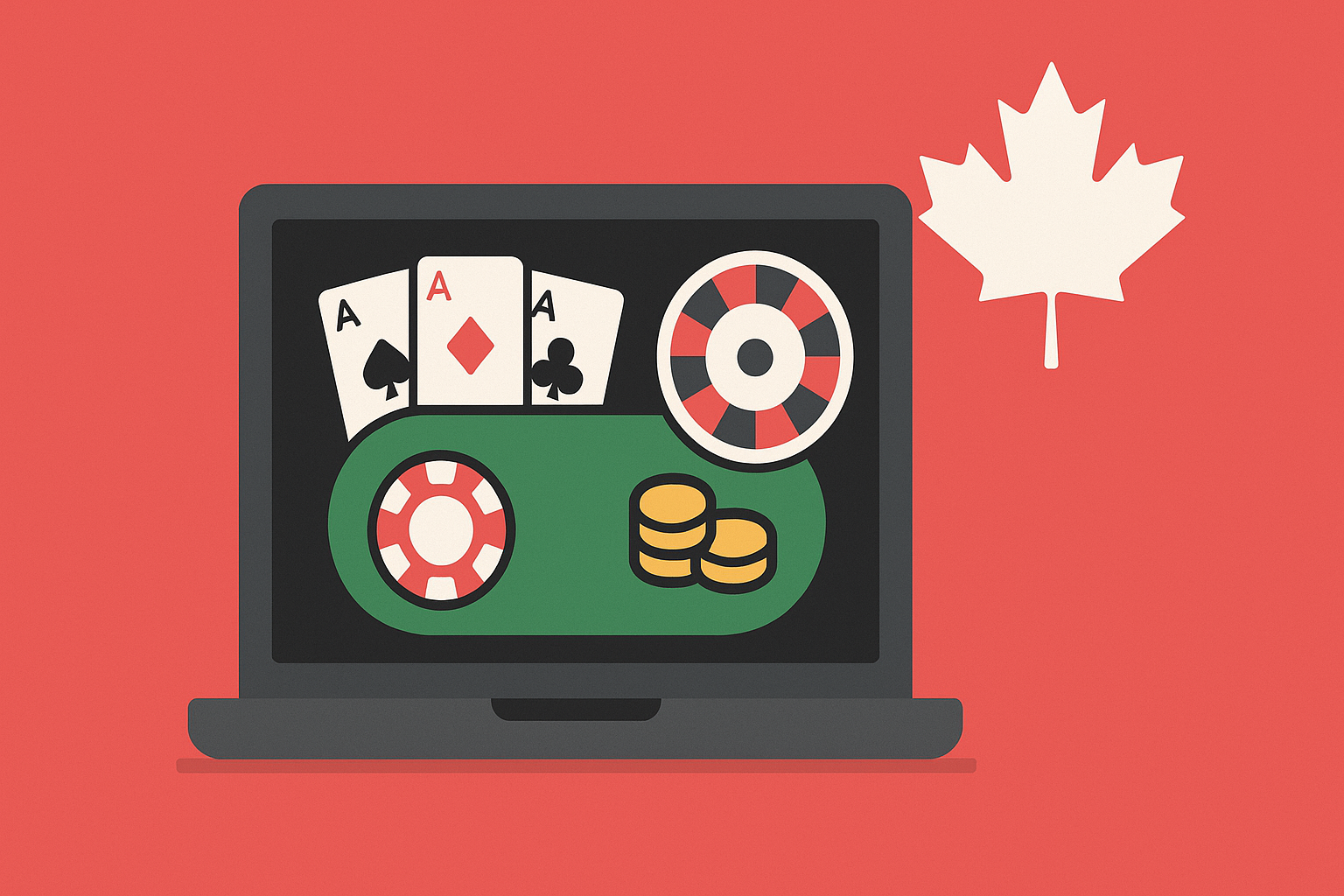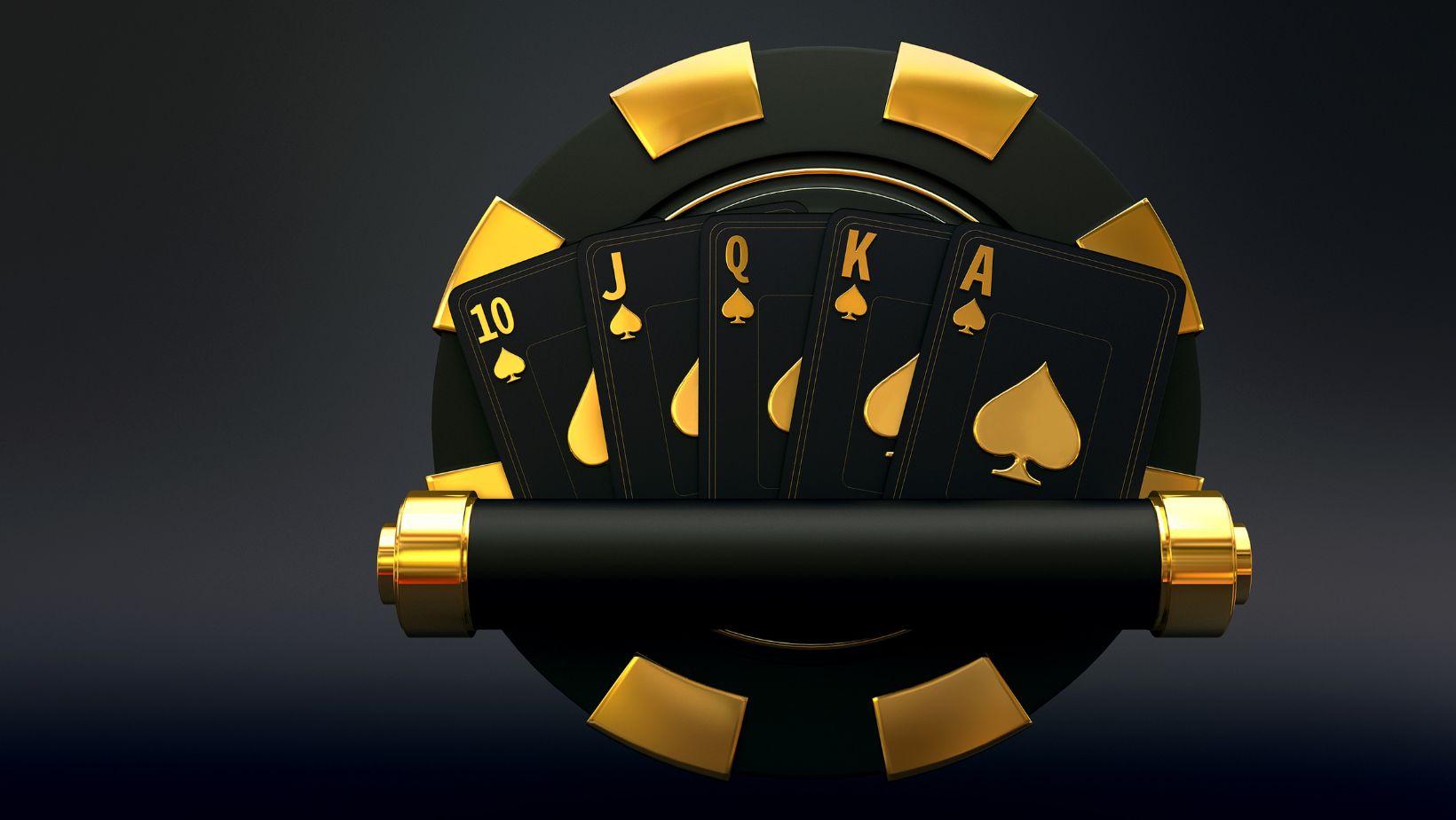
Your boss just spent twenty minutes explaining why your project is garbage. Your car’s making that weird noise again. Your rent went up. And suddenly, logging into that casino app sounds like the perfect way to deal with all this nonsense.
Yeah, I’ve been there too. That moment when gambling stops being entertainment and starts feeling like the only way to cope with whatever garbage life just threw at you.
Stress gambling is not really about the money or the games. It’s about your brain desperately wanting relief from feeling overwhelmed, and gambling happens to provide that temporary escape hatch.
Managing stress gambling requires platforms with built-in safeguards that support healthy play patterns. Casino Goldex emphasizes responsible gaming features that help players recognize when emotions are driving decisions rather than entertainment goals. Their structured approach to bonuses and limits supports mindful gambling rather than impulsive stress relief.
Why Stress Makes Gambling Sound Brilliant
When you’re stressed, your brain becomes intensely focused on finding quick fixes. Gambling provides two things your stressed mind craves: distraction from your problems and the possibility that money could solve them.
That car repair you can’t afford? Well, if you hit a decent win, suddenly it’s not a problem anymore. Your work situation sucks? A few good spins and you could afford to quit. Your stressed brain treats gambling like problem-solving, even though it’s usually problem-creating.
The cruel part is how logical it feels when you’re wound up. “I need $500, so I’ll try to win $500” sounds reasonable until you remember that you’re way more likely to lose money you can’t afford than win money you need.
The Predictable Pattern
Stress gambling follows the same script every time. Something goes wrong, you feel powerless, and suddenly, gambling feels like taking back control. Except you’re not taking control, but making everything more chaotic.
I started noticing this pattern in myself after a particularly expensive week. A bad client meeting on Monday led to $200 loss that night. Fight with my roommate Wednesday, another $150 gone. Friday’s work drama cost me $300 more. Bad week became expensive week, real fast.
The timing is usually predictable, too. Right after work, when you’re decompressing. Late nights when you can’t sleep because you’re thinking about problems. Weekends, when you have time to dwell on everything that’s going wrong.
How to Catch Yourself
Once I started tracking when I felt like gambling, the patterns became obvious. Difficult conversations at work always triggered it. So did unexpected expenses. Basically, anything that made me feel like life was out of control.
The trick is interrupting that moment between “something stressful happened” and “time to gamble.” I started keeping a simple rule: if I want to gamble right after something stressful, I have to wait two hours and do something else first.
Here are things that work better than gambling when you’re stressed:
- Take a 15-minute walk outside (burns off stress chemicals)
- Do something physical like cleaning or organizing
- Watch funny videos or listen to music
- Write down what’s bothering you and why gambling won’t fix it
- Take a hot shower or do breathing exercises
Walking works great because it burns off those stress chemicals that make everything feel urgent. Even fifteen minutes helps your brain remember that gambling won’t solve whatever’s bothering you.
Calling someone helps, too, but pick carefully. You don’t want the person who’ll just agree that your situation sucks. You want someone who’ll either distract you completely or help you see things differently.
Understanding which games amplify stress versus those that provide genuine relaxation can be crucial for breaking harmful patterns. Reading educational content about the game before you start to play aviator, for example, is helpful. Such resources demonstrate how certain gaming mechanics either feed into stress-driven impulses or provide the kind of controlled, time-limited entertainment that actually helps manage difficult days.
When You Should Actually Worry
Everyone has bad days when they make questionable decisions. But stress gambling becomes a real issue when it’s your automatic response to every piece of bad news. If you can’t deal with work drama, relationship fights, or money problems without immediately thinking about gambling, that’s worth paying attention to.
The pattern usually gets worse over time because, guess what? Life keeps throwing curveballs, and gambling keeps offering that same temporary escape. But here’s the catch — it’s not really an escape. It’s just postponing dealing with your problems while creating new ones.
If you’re reading this and thinking, “yeah, that sounds like me,” consider talking to someone. Not necessarily a therapist (though that’s an option), but someone who gets it. Sometimes just saying it out loud helps you realize how the pattern works.
The Reality Nobody Wants to Hear
Gambling has never fixed anyone’s actual problems. Ever. It might distract you for a while, it might even give you a temporary financial boost occasionally, but it doesn’t solve the thing that stressed you out in the first place.
When that gambling session ends, your boss is still a jerk, your car still needs fixing, and your rent is still due. Except now you might also be short on money that you actually needed for those problems.




